
Independent Russian Broadcaster Walks Off Set After Government Passes Law That Imposes A 15-Year Jail Sentence For “Spreading False Information”
Sometimes fiction books talking about dystopian societies are not that far off reality. The latest law Russia’s parliament approved prohibits calling the Russian invasion of Ukraine a ‘war.’ Instead they force people and journalists to call it a ‘special military operation’ which is meant to save the Ukrainian nation. This is really reminiscent of the Newspeak introduced in George Orwell’s dystopian novel 1984, which is really scary.
Spreading of “fake news” which, in Russia, means saying anything that is opposite to what the government is saying, is considered a felony punished by the law which was passed on March 4. That is why the last independent TV station in Russia, Dozhd, also known as TV Rain, temporarily stopped their broadcasting and filmed themselves just walking away.
An independent TV station in Russia shut down to avoid spreading lies after a new censorhip law was approved
Image credits: biannagolodryga
Russia always pretended that its citizens have freedom of speech as it is guaranteed by the constitution. However, in reality, everything that has to do with certain controversial issues in the Russian media is strongly censored, journalists who speak out about them mysteriously disappear or later are found dead and many sites on the internet have limited access.
Bored Panda asked Nicholas Cull, a professor at University of Southern California who among other things is an expert in international propaganda, what is the purpose of governments controlling the media. He explained, “Most governments attempt to control media in some way but especially in a time of crisis such as a war. Control typically has two sides. Censorship to withhold certain information from the public and propaganda to provide material considered helpful.”
The Russian government went further with this and doesn’t just censor the media. On March 4 they added the article 207.3 of the Criminal Code which says that regular people, people in higher positions, and organized groups are prohibited from spreading false information about the use of the Russian Armed Forces. If they do spread misinformation, depending on the gravity of the consequences of their actions, those people can be penalized with a large fine or face up to 15 years in prison.
Image credits: UAWarUpdatesEN
Spreading misinformation is clearly not right and people shouldn’t do that, but in Putin’s world, fake news has a different meaning. Any facts that oppose the ones that come from the government are considered to be lies and that is why independent TV stations that have tried to provide people with objective information that didn’t go through the Kremlin’s censorship have been basically shut down.
And the worst part is that this censorship and propaganda works. Regular Russians believe in what the media says and don’t trust even their relatives in Ukraine who tell them that they are being attacked. This disbelief is really surprising, but Professor Nicholas Cull gives another perspective, “The relationship between individuals and propaganda is not what we might automatically expect. Propaganda at its most powerful is not a form of information that people then believe after their exposure, rather propaganda is a restatement of what people already believe expressed in such a way as to leverage political action. Because the propaganda affirms the worldview of the audience later details can be added and seems credible too.”
Dr. Cull illustrates his point with an example, “Candidate X noticed that population Y are scared of group Z. He attacks group Z in speeches that affirm this prejudice and wins office. He continues to affirm the indemnity of group Y, who also except his later claims about unrelated issues like a stolen election or inevitable victory in a war of aggression.”
The law says that people who purposefully spread false information will be punished with imprisonment of up to 15 years
Image credits: UAWarUpdatesEN
To make sure that propaganda works, the government has to eliminate those who say anything different. Initially, on March 1, Russia’s Federal Service for Supervision of Communications, Information Technology and Mass Media restricted access to Dozhd as well as Echo of Moscow as they were covering the Russian invasion of Ukraine and were believed to be spreading misinformation about what the Russian military was doing in Ukraine allegedly causing “mass disruption of public calm and safety, and encouraging protests.”
A day later, some Dozhd workers left Russia because they felt unsafe and on March 3, the station’s last news broadcast went on air which ended with the CEO of Dozhd, Natalya Sindeyeva, saying goodbye to the channel’s audience.
She stressed that it was a temporary goodbye and that the channel hopes to come back. But now, with the new law, they can’t work. What is there to talk about right now, when their country declared war on a sisterly nation?
When they say misinformation, they mean anything that is not in line with the Kremlin narrative about what is happening in Ukraine
Image credits: drex
Image credits: drex
The new law will definitely make spreading of the truth harder and to hope that millions of Russians will go to the streets starts looking stupid. Dr. Cull confirms that bursting the propaganda bubble is not easy. He says, “Efforts to do so can spark a ‘backfire’ effect which makes people even more attached to the core ideology. Sometimes a single event can undermine a worldview.”
It is hard, but it is possible. The Professor gives an example from real life of what now is considered history that we always say we should learn from, “Historical examples of people realizing they were misled include the reaction of left wing intellectuals to the news in August 1939 that Hitler and Stalin had signed a non-aggression pact or the negative reaction within the USSR to the government not telling them promptly about the Chernobyl disaster. So there is the event that doesn’t fit with the propaganda. There is also the greater offer of something that fits with core values but which transcends the divisive propaganda. Some of the most effective counter-propaganda during the two world wars reflected inclusive ideals which were attractive to allies, neutrals and adversaries alike.”
Image credits: drex
As Dr. Cull explains, propaganda is not necessarily all lies and it can be based on the truth, like “how the US newspapers during World War One exaggerated stories about German atrocities.” But it backfired during the Second World War when “there were real atrocities happening but on an unprecedented scale audiences tended not to believe it.” The institution who decides to use propaganda can choose if they will be basing it on something true or will come up with a big lie.
Despite propaganda having some truth to it, the Professor can’t see a good way to use it, “The usual approach for historians of propaganda is to see propaganda as a tool which can be used for good or ill. I no long see it that way. Part of the cost of propaganda is paid in the late realization of truth — the shock of reality — any distortion will have consequences beyond those intended.”
He thinks that the best way to present information is through education, “There is less danger of a reality shock if people have been led to a conclusion through a sober process of accumulated understanding than bounced there by emotive propaganda. Every successful campaign has an unintended consequence.”
The CEO of the TV station said that working under such censorship is nearly impossible so they have decided to leave until they have a better solution
Image credits: drex
Image credits: drex
One of those people who try to educate the Russians who have been fed lies or exaggerated truth is Natalya Sindeyeva who founded the independent news channel, but now she has to close it because of the regime. She promised that she and her employees will work out how to continue doing their jobs under such conditions, but for now, they need time to understand how they can navigate the new law.
Before walking away, she inserted another “No to war” and the whole staff walked away. When the set was deserted, the screen transitioned to showing Tchaikovsky’s ballet Swan Lake, which was very symbolic and said more than any words could.
She shouted “No to war” one last time and the whole staff abandoned the set
Image credits: drex
Image credits: drex
Then they broadcasted the whole Swan Lake, which was held on loop 31 years ago during the August Coup that lead to the USSR collapsing
Image credits: Archive of Russian Television
The same piece was put on loop on the Soviet state television in 1991, disrupting the regular programming. It happened during the August coup which failed and led to the USSR collapsing, so in today’s context, TV Rain putting Swan Lake on air signifies the country is in turmoil as it was 31 years ago and who knows what the consequences will be this time.
The TV station staff showed that they are true journalists and aren’t willing to betray their profession even though it means they will have to stay silent for a while. Staying silent in such times doesn’t feel right, but it’s better than spreading lies even if the law requires it.
Below you can watch the clip of the staff walking away and Swan Lake beginning
The staff of the Independent Russian TV station ‘Dozhd’ (TV Rain) resigned during a live stream with last words: “no war” and then played Tchaikovsky’s Swan Lake echoing the same from Soviet state TV in August of 1991. pic.twitter.com/OHGgaNOZef
— 𝘿𝙧𝙚𝙭 ⚡ (@drex) March 3, 2022
Twitter users admired the actions of the journalists and caught on to what the Swan Lake at the end meant
Image credits: KevinRothrock
Image credits: tm8093
Image credits: HeyNav135
Image credits: andrewdridgway
Image credits: JRXL_1000
Image credits: WhamHideout
26Kviews
Share on FacebookGood for them. Acts like this are important both in what they stand for and as an example for other nations whose government overreach impedes on the liberties of its citizens.
Our government has been overreaching and impeding on citizens liberties for a very long time now and it's only getting worse.
Load More Replies...Brave, brave, brave honest people. I just hope they don't get into any nasty trouble.
Good for them. Acts like this are important both in what they stand for and as an example for other nations whose government overreach impedes on the liberties of its citizens.
Our government has been overreaching and impeding on citizens liberties for a very long time now and it's only getting worse.
Load More Replies...Brave, brave, brave honest people. I just hope they don't get into any nasty trouble.

 Dark Mode
Dark Mode 

 No fees, cancel anytime
No fees, cancel anytime 






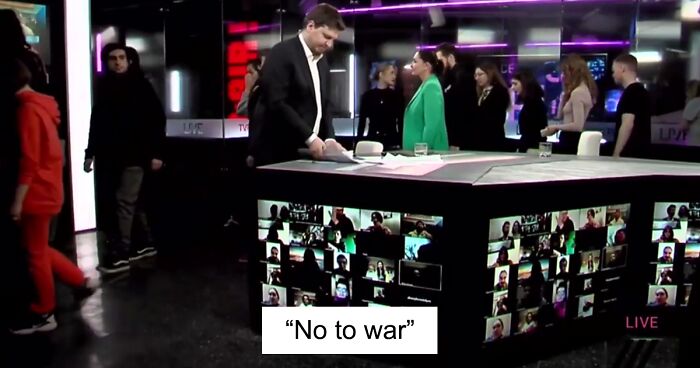





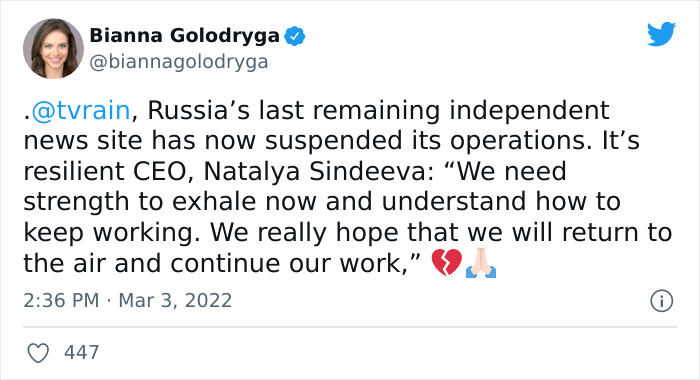
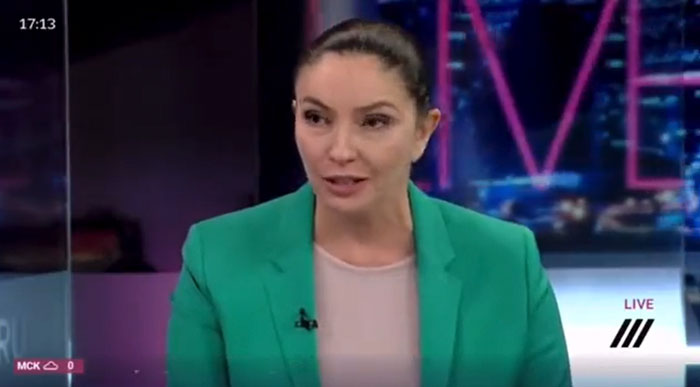
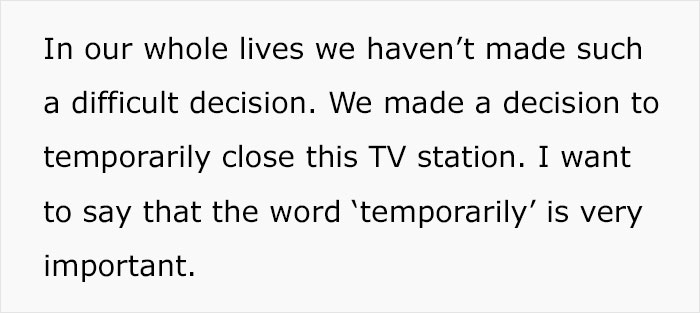
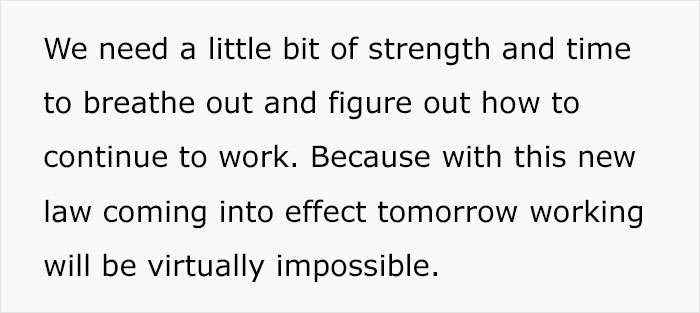
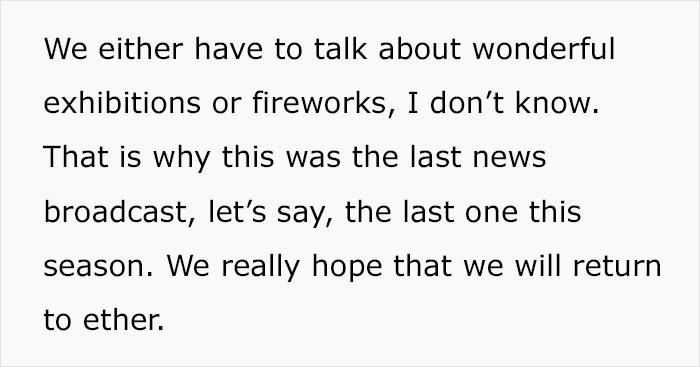
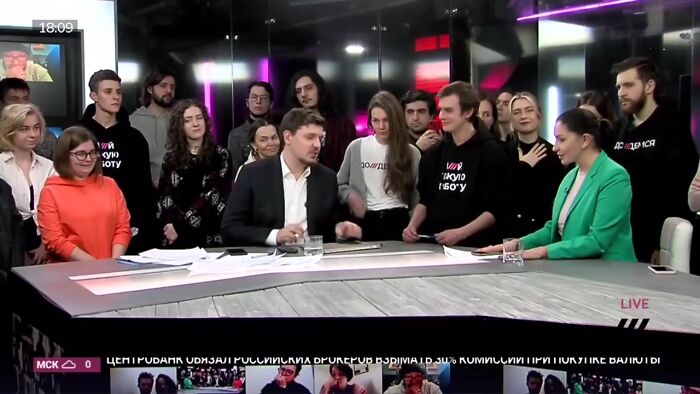
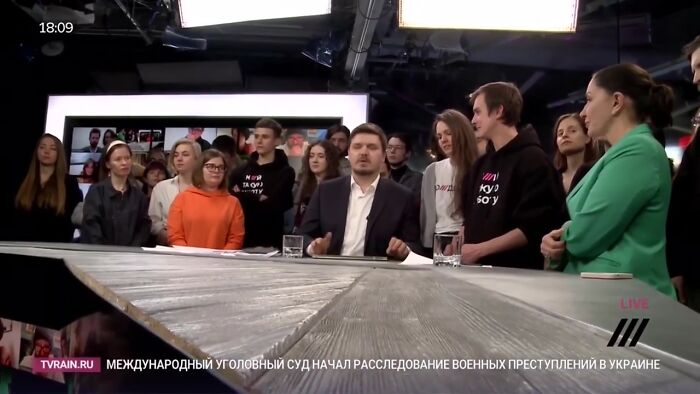
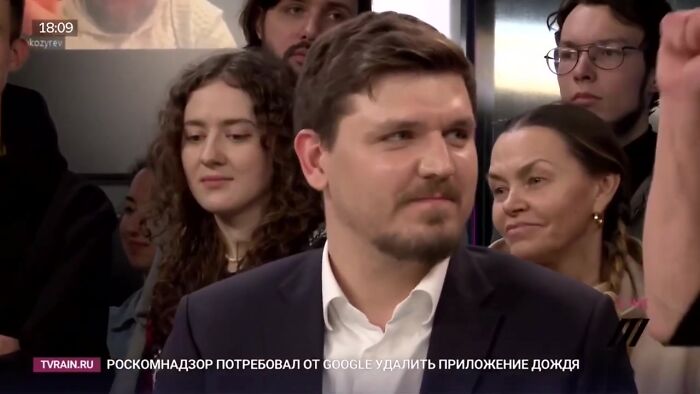
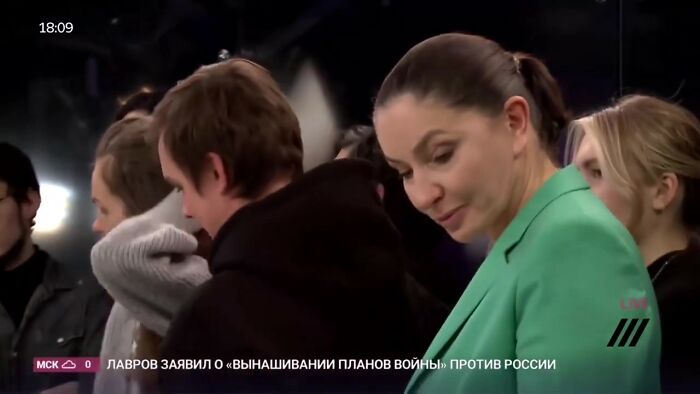
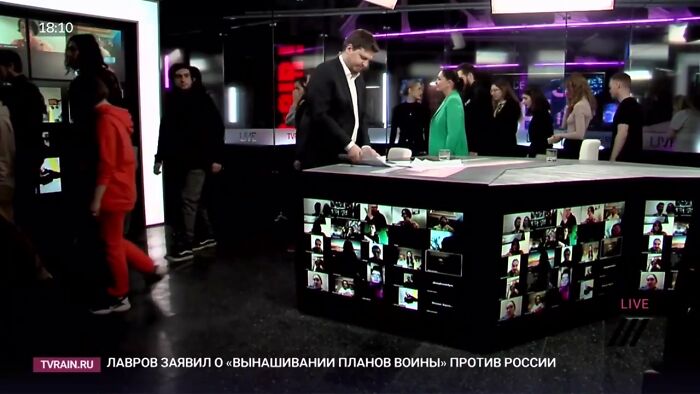
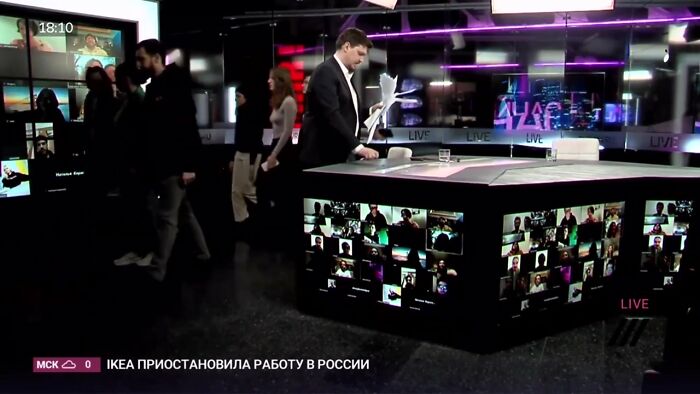
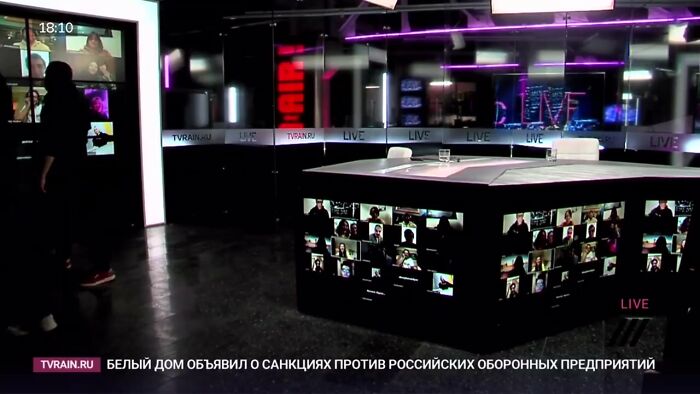
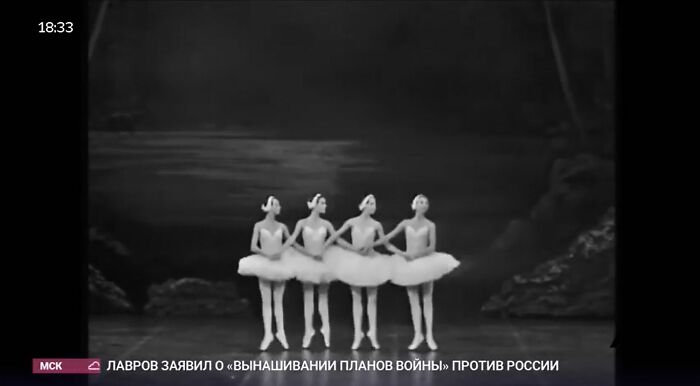
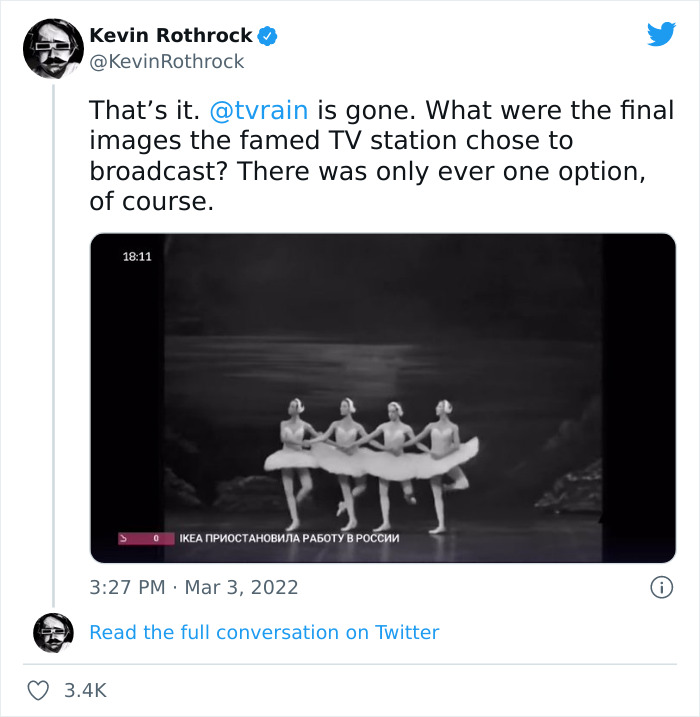
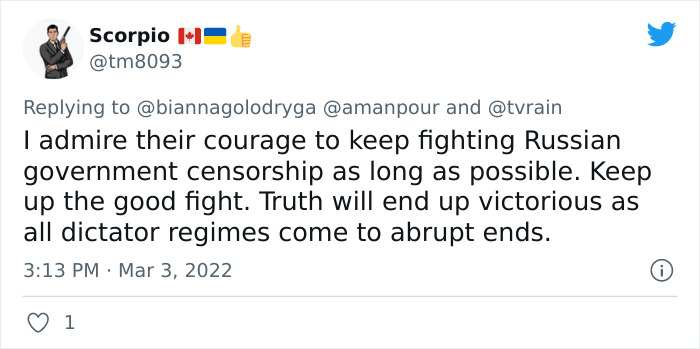
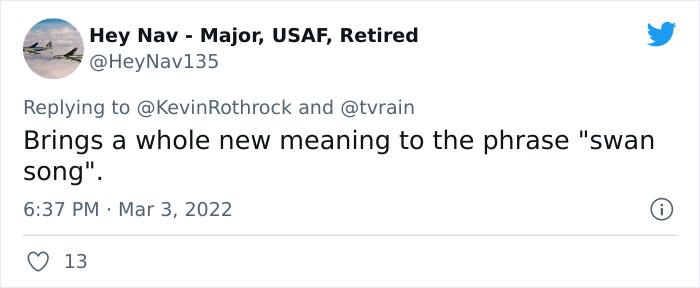
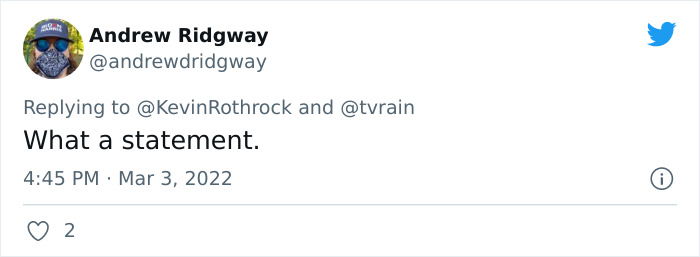
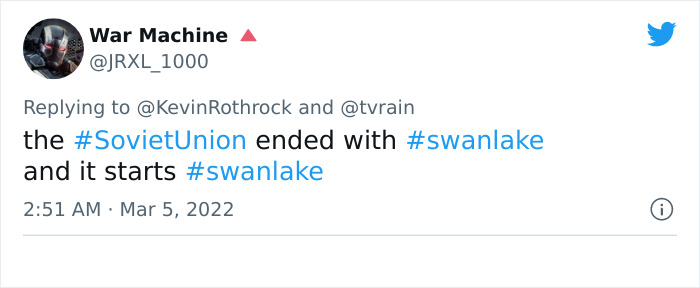
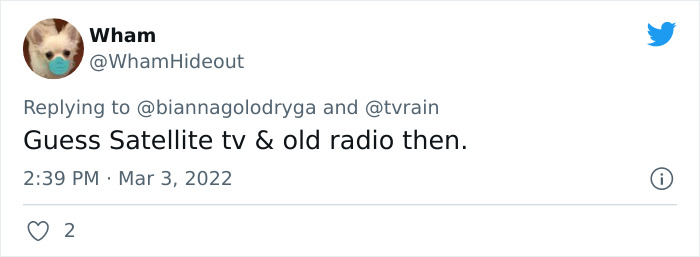




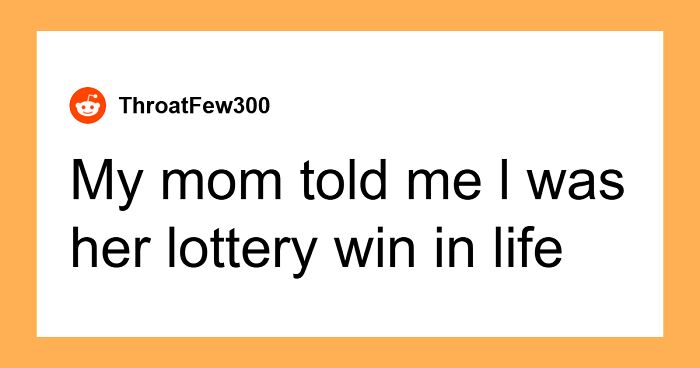


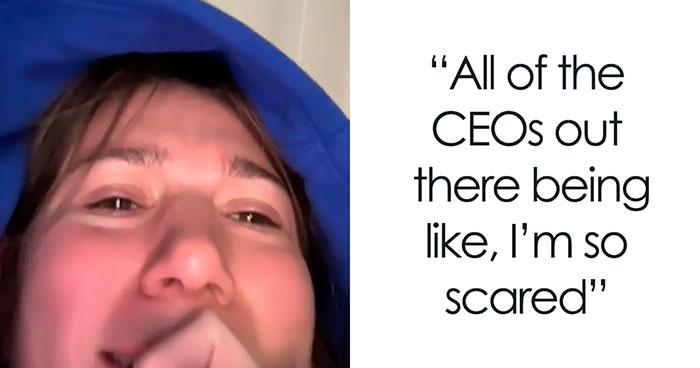
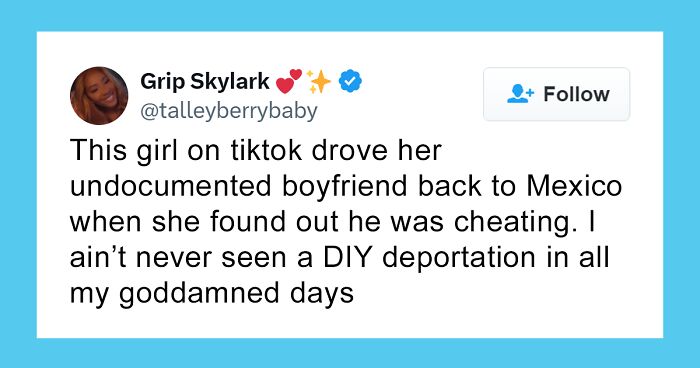
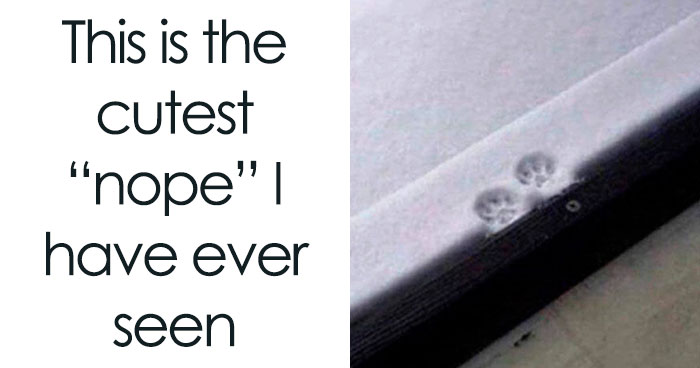






![“AITA For Losing [It] And Screaming At GF To Get Out Of My House After What Her Stepbrother Did?”](https://www.boredpanda.com/blog/wp-content/uploads/2025/01/man-screams-gf-over-creepy-stepbrother-fb18-png__700.jpg)


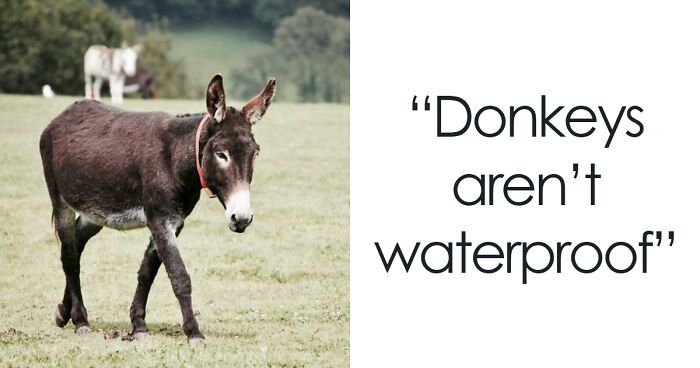

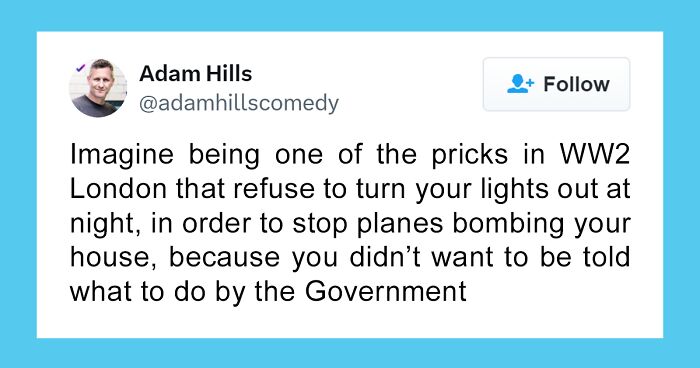

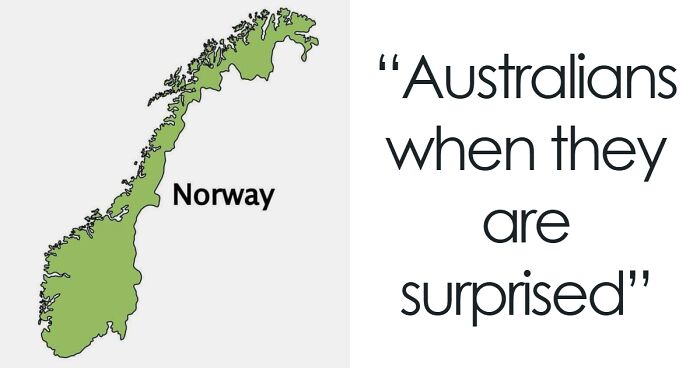
157
16